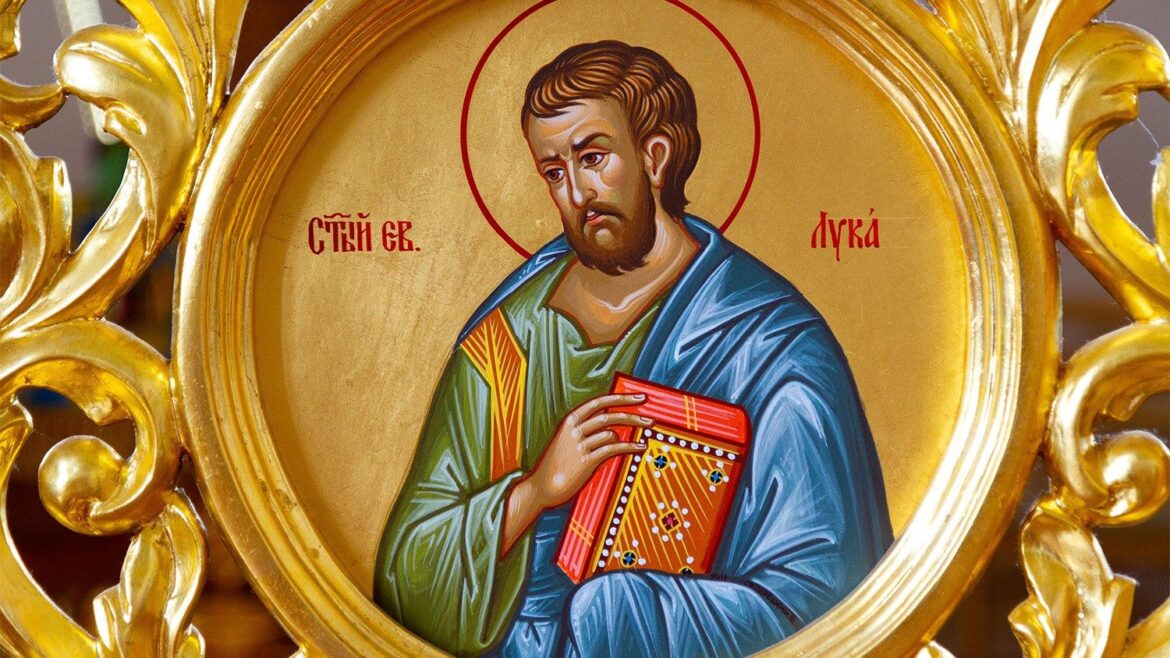
As the Church marks the Twenty-Ninth Sunday in Ordinary Time, Fr Edmund Power reflects on the gift of prayer as brought to us by the evangelist Luke.
By Fr Edmund Power OSB
All Christians have been called into a personal relationship with God in Christ, and all have received the gift of the Holy Spirit. One consequence of this calling is the gift of prayer, which is the expression of the relationship. The evangelist Luke shows a particular sensitivity to the subject of prayer. We have six times in which he shows us the personal practice of Jesus as he goes off in solitude to commune with the Father. We have formal prayers quoted in this Gospel and now used in the liturgy of the hours (the Benedictus, Magnificat and Nunc Dimittis), and we also have some teaching on prayer, directly or by way of parables. Today’s gospel is the second of three Lucan parables that consider the question of prayer.
As so often in Luke, we have two symbolic persons who represent different attitudes to life: the unjust judge, a figure unlovely in his indolence and in his dedicated commitment to nothing except his own comfort; and the admirable but isolated widow, rejoicing in no champion and no equity, outwardly isolated but innerly moved by her own determination. Maybe the judge began his legal career committed to justice, willing to put himself out for others, and desirous of making a difference to the lives of those constrained to seek his help. Now, however, he is sadly sunk in self-satisfaction. Even his decision to support the widow is motivated by self-interest. Our world today is not unfamiliar with such figures.
I could be accused of “psychologizing” the characters in the drama of this parable. The main point is clearly stated by the Evangelist at the outset: that they ought always to pray and not lose heart. And at the end, Jesus concludes his story with two strong rhetorical questions on the importance of persistence in prayer and on the certainty of a divine response. Whatever seems to be happening when you ask the Father for something, don’t close your eyes to answers that you may not expect; don’t underestimate the effect of your steady, faithful, almost invasive insistence.
But the characters in the parables of Jesus have tumbled out of his fertile imagination, an imagination fed by the daily circumstances of his life and times. These persons, described briefly but with masterly evocativeness, invite us to respond to them; to find the widow impressive, but at the same time a bit of a pain; to find the judge odious, but also sad in his warping of a noble vocation.
These, however, are the byways, not the highways of today’s word of God. The central message is that of persistent prayer and the human contribution to achieving results: the weary and dogged raised arms of Moses in the first reading, coupled with the prowess of Joshua, and the shameless, tireless insistence of the widow in the gospel.

